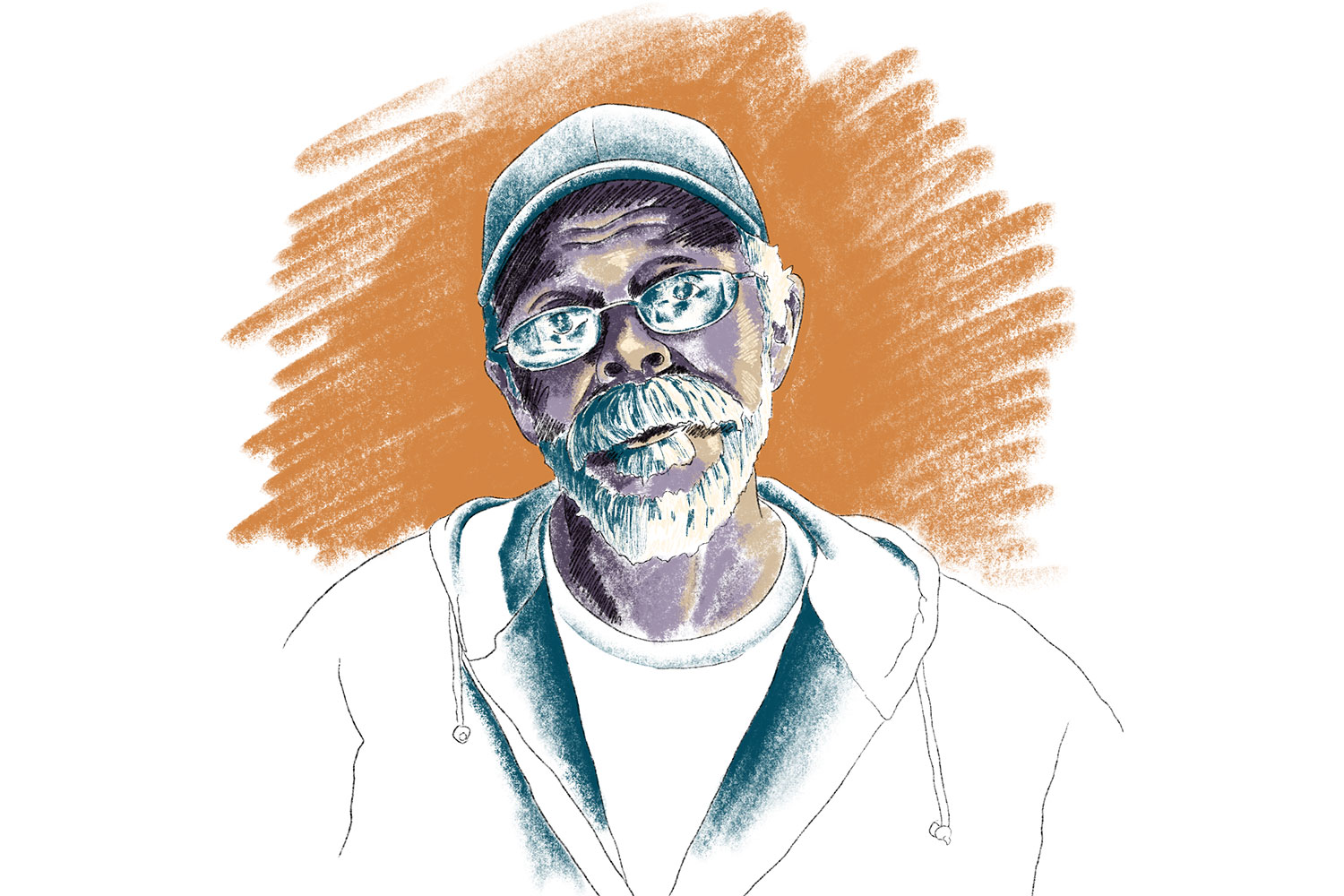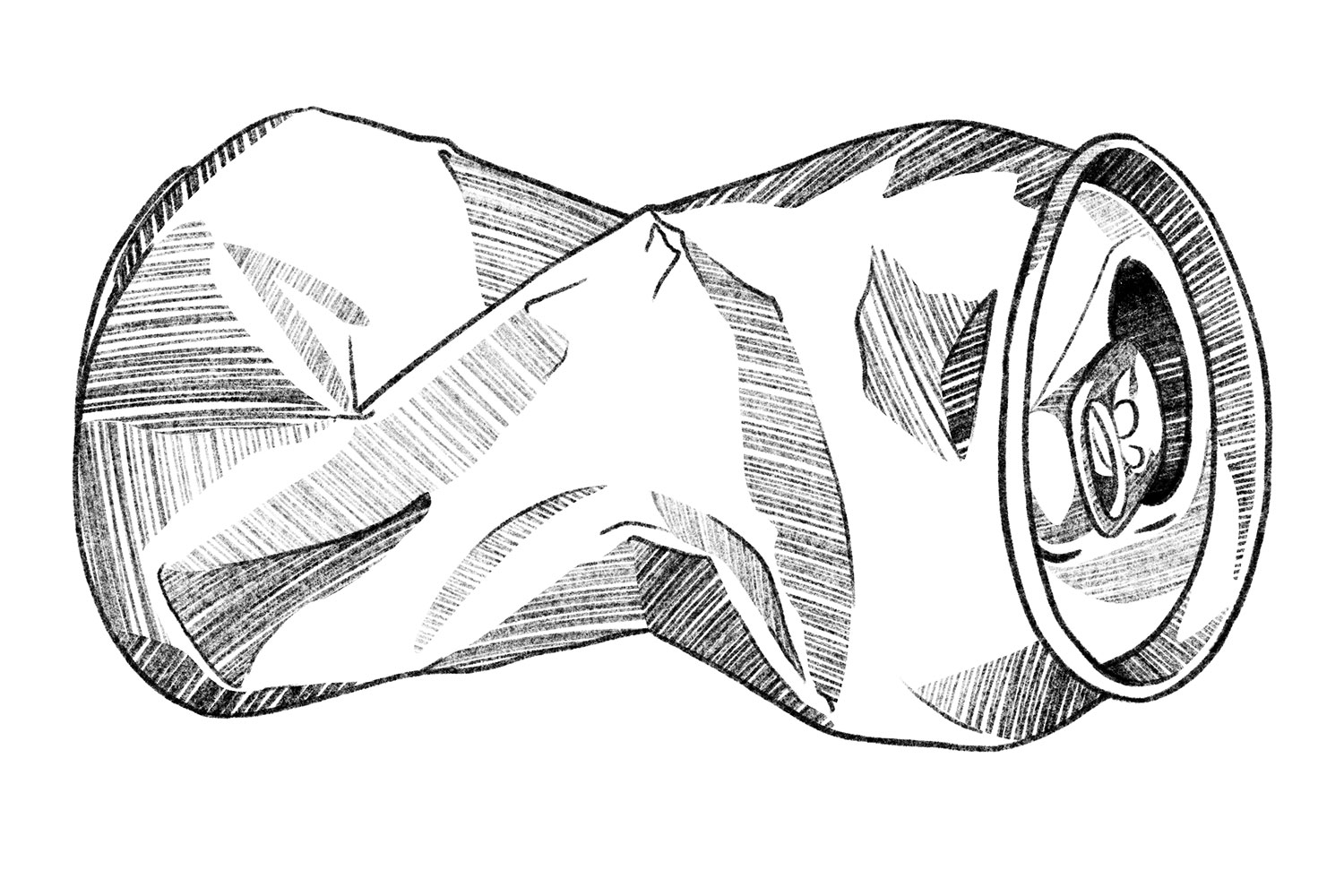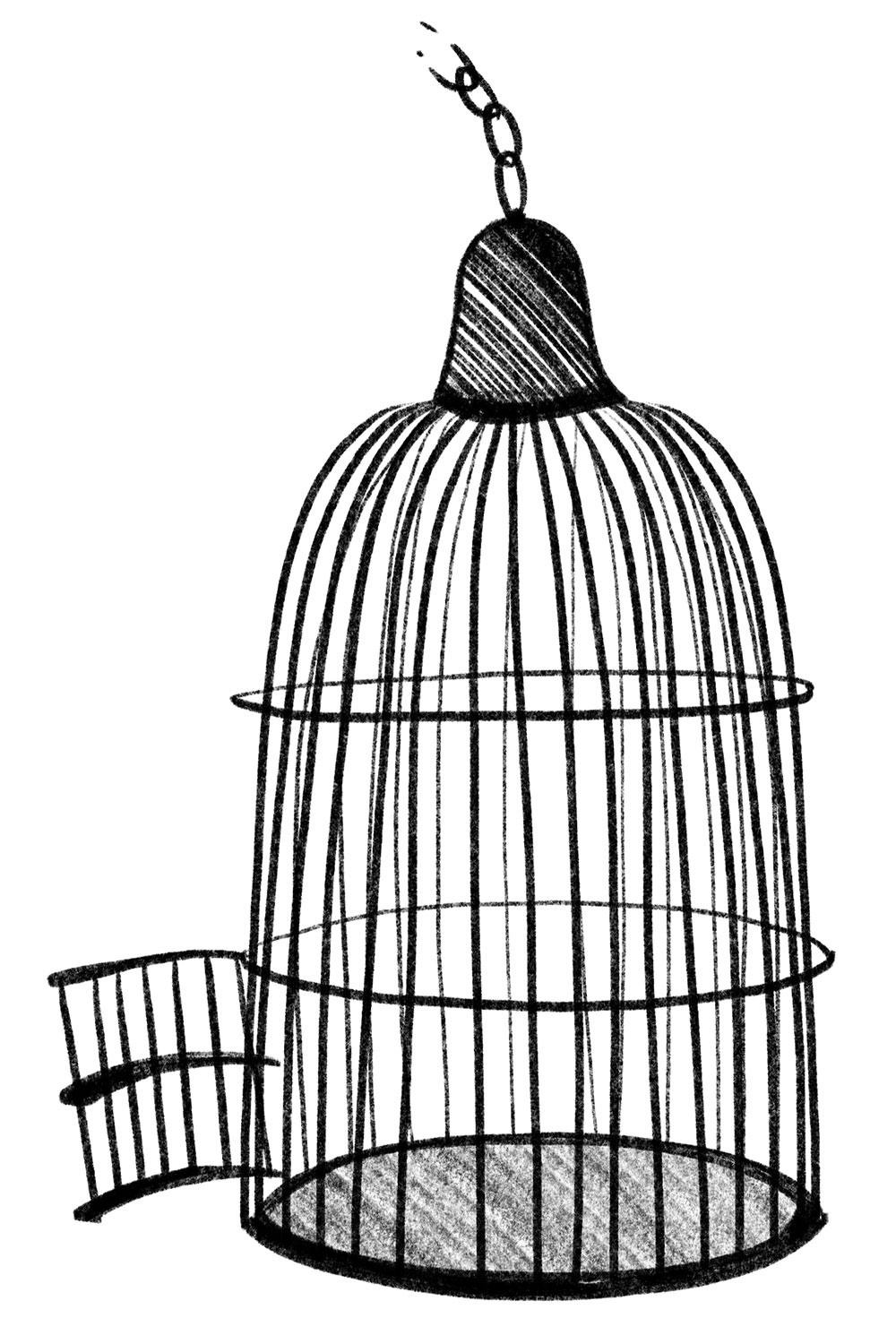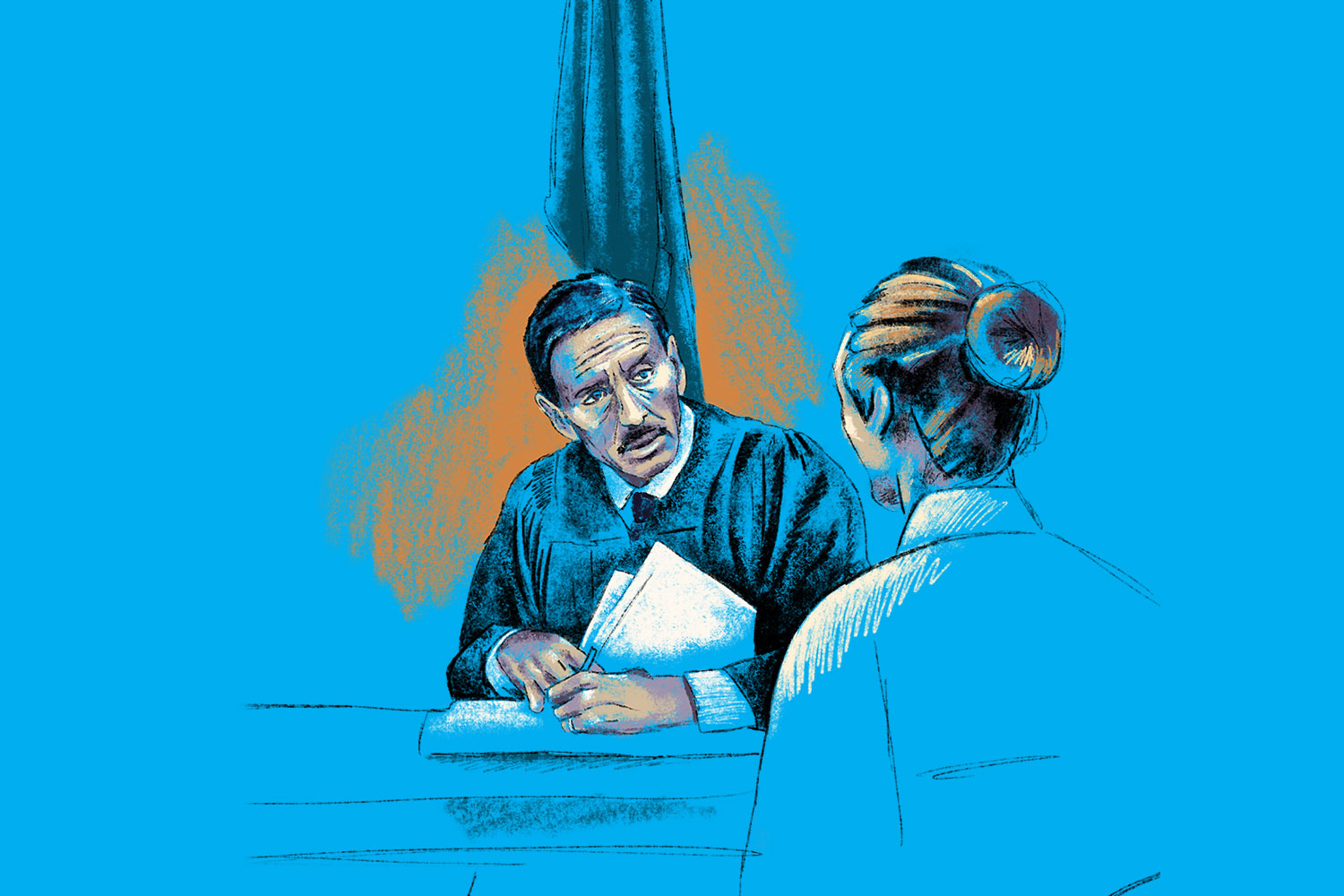By Taylor Perse and Morgan Theophil
Two years ago the city of Eugene, with much fanfare, announced it would do more to help the homeless and others who are repeatedly arrested and ticketed by Eugene police for small-time crimes.
The idea is called Community Court, which gives defendants a way to avoid fines and jail time by enrolling in a program that connects them with mental health services, housing and ways to find work.
City officials predicted that Eugene’s new Community Court would also help clear the city’s Municipal Court of so-called “frequent flyer” offenders whose repeated crimes and misdemeanors cost taxpayers.
“This is a way to reduce the costs, and benefit, we hope, the people that find themselves caught up in these kind of behaviors,” City Manager Jon Ruiz said at the time.
City officials have since claimed the program is working. “The people who have engaged and opted into the program have very positive stories and positive things to say,” Cheryl Stone, the city’s court administrator who led the effort to create the program, tells Eugene Weekly.
Stone also says that Community Court tends to reduce the number of people cycling back through the courts.
But the court’s own records reveal that might not be the case.
Data from the city’s courts show the recidivism rate — how often people reoffend after being convicted of crimes — has not changed for those who have successfully completed the Community Court program, according to an analysis done by EW and the Catalyst Journalism Project at the University of Oregon School of Journalism and Communication.
The results raise serious questions about the effectiveness of the program, which the city helped pay for with a $200,000 U.S. Department of Justice grant.
The numbers also raise questions about the veracity of statements made by city officials about Community Court and their unwillingness to release public records that shed more light on what’s really happening with the program.
Our analysis tracked nearly 800 defendants eligible for Community Court between September 2016 and the end of June 2018, when the federal grant ran out.
The analysis shows Eugene’s Community Court program has fallen short of its promise:
• Very few people complete the program. Records show only 17 percent of defendants eligible for Community Court have had their charges dismissed by “graduating” the court after staying out of trouble for a period of time, performing community service and checking in with organizations that can hook them up with the services they may need.
• Nearly 30 percent of people who completed the Community Court program have since been convicted in the city’s courts, a recidivism rate far higher than city officials have made public. In fact, these Community Court graduates are being convicted of crimes at the same rate as before they entered the program.
• Overall, Community Court isn’t reaching the people who need it most. Defendants who failed in the program or simply opted out are showing up in court more often, creating an even bigger caseload than before.
THE HOMELESS IN COURT
Eugene faces a homelessness crisis, and the city has responded by turning many people without permanent addresses into criminals.
Only about 1 percent of the city’s population is homeless, yet 25 percent of the cases the city’s Municipal Court prosecutes for non-driving violations are against people without permanent addresses, as an EW investigation revealed last year.
Police reports and court records show some of these charges include assaults and other crimes, but others include violations are for sleeping in parks, “loitering” under cover while it rains or other simple actions many homeless people take to simply survive their day.
The Municipal Court can order jail time or levy fines that often stack up into the thousands of dollars — debts many homeless will never be able to pay.
City officials realized the Eugene Municipal Court was dealing with the end result of a deeper community problem and that the traditional approach of levying fines or sending people to jail wasn’t working.
“It’s just a step that ends the case,” Municipal Court Judge Wayne Allen tells EW. “It doesn’t end the problem. We’re trying to see if we can end the problem.”
Searching for a solution, Eugene officials looked to Spokane, which has been operating a community court since 2013. In 2016, Eugene was one of 10 cities chosen by the Center for Court Innovation, a New York-based nonprofit, to receive $200,000 federal grants to set up community court programs.
The Eugene court deals with offenders accused of committing non-violent, minor crimes and violations within the entire downtown police patrol area in Eugene. Defendants who qualify for the Community Court can opt in to the program rather than go through the traditional Municipal Court process.
Each defendant in Community Court is given an individual case plan that outlines what they need to accomplish in order to graduate the program and avoid conviction, jail time or other penalties. This includes attending Community Court at the downtown Eugene Public Library every Friday to meet with a case manager, completing community service and connecting with service providers based on their needs.
Service and resource providers include ShelterCare, Willamette Family, Catholic Community Services and St. Vincent de Paul. The city makes these resources available to anyone, not just Community Court participants.
Stone tells EW that more than 370 defendants have taken part in the Community Court program, and another 1,800 have used the services without having first been charged with a crime.
Emily Dixon, who has been volunteering at Community Court for more than a year, is tasked with helping to get attendees connected with housing. Dixon says she remembers working with one person for months until he found a place to live. “I think it built his confidence and, after everything, he felt the system was on his side,” she says.
Dixon also says Community Court is a step in the right direction because it easily connects people with resources.
“Community Court doesn’t create extra barriers. Resources help people get in the right direction,” she says.
IS IT WORKING?
As the Municipal Court launched its new program, Stone and other court officials could have set up a way to track defendants and collect data about Community Court to see whether the program was making a meaningful difference. They didn’t.
Instead, the city pushed forward without any way to collect data or analyze the program’s impact. Surprisingly, such accountability was not required by the U.S. Department of Justice or by the nonprofit that oversaw the grant.
Jessica Kay, a senior planner for the Center for Court Innovation, tells EW that her organization is willing to measure the success in Eugene on an anecdotal, case-by-case basis.
“Looking at success on the individual level, maybe starting with a client who was homeless and had a mental health issue and was living on streets with no insurance, no medication, but we were able to help one of those things,” Kay says. “Maybe now they have insurance or a prescription, and that would be counted as success.”
Despite the lack of formal measurements, city officials have boasted of the Community Court’s success in reducing recidivism. Last spring, 2018, for example, they said that only 9 percent of people who graduated from Community Court went on to commit new offenses and return to the city’s court.
“I know it doesn’t sound like a big deal,” Assistant City Manager Kristie Hammitt told a city budget committee in March. “It’s huge. Because the people that go through the Community Court system usually have multiple arrests and multiple charges. It’s changing the system as we know it.”
Court officials, including Judge Allen, have repeated that statistic since then. Allen announced in December 2018 that he would retire at the end of the year.
Stone, the court’s administrator, says the recidivism rate is calculated by looking at how often Community Court graduates have gone on to be convicted for new crimes in the city court and in state court.
Stone says her office has not examined how often these graduates had been in trouble before Community Court, nor have they tracked people who were eligible for the program but didn’t take part.
“For those who chose not to participate, we would not anticipate any changes in terms of their reoffending,” Stone tells EW.
ANALYZING THE RESULTS
Our analysis looked at 789 defendants who were eligible for Community Court from the start of the program through June 2018, when the federal grant expired. Many were homeless or had recently been without a permanent address. Data from Eugene’s Municipal Court show that around 54 percent of these defendants cited in the past three years had been homeless at least once when hauled into court.
Information from the Municipal Court and our own analysis found that only 134 defendants eligible for Community Court had charges dismissed through the program during that time.
That’s a graduation rate of only 17 percent.
A key measure of success for Community Court was whether graduates would be convicted less frequently after finishing the program.
Has there been any reduction in how often Community Court graduates have been convicted?
No.
Our analysis shows that 29 percent of people who had graduated from Community Court have since been convicted of violations or misdemeanors — such as trespassing, having an open container of alcohol, disorderly conduct and smoking marijuana in public.
And this rate is unchanged from before these defendants entered Community Court. We looked back in a comparable period of time and found, as a group, 28 percent of these defendants had a previous conviction in Municipal Court.
EW provided Stone, the court administrator, with these numbers, and she claims not to know how we reached our results.
“You are using a different data set so I have no way of knowing how or why you reached the results you mention and I cannot verify their accuracy or errors,” Stone says in an email.
However, EW used records from the Municipal Court, which means it is possible for Stone to confirm our numbers.
What about defendants who didn’t take part in or graduate from the Community Court program?
Our analysis shows these defendants, as a group, were more likely than people who completed Community Court to be convicted previously. That hasn’t changed. As a result, the people who didn’t take part in or graduate from the Community Court are filling up the city’s court docks as much as before.
That suggests that the city’s Community Court, whatever it might offer, is not reaching the people who need it most.
Progress?
Stone acknowledges Community Court has no data or analysis to assert that the program, by the numbers, has had any measurable effect. She says the court plans to hire a firm to analyze the data to answer this very question. Stone says the city has been considering doing so for months.
Stone says the city is finalizing a request for proposal (RFP) for the evaluation and expects the request to be released within the next month. The details and timeline of the analysis will be contained within the RFP.
Local homeless advocate Arwen DeSpain says she isn’t surprised Community Court is not having the impact city officials first predicted or have since claimed.
DeSpain says homeless people she has seen go through the program leave with a stack of forms but have no idea how the program is supposed to help them.
She also criticizes the city for boasting of results when there’s no evidence of any real progress.
“We need to be weary of any time we feel super congratulatory about ourselves, because we aren’t always looking at everything,” she says. “And Community Court patting themselves on the back for passing out paperwork is them saying ‘Oh, we are helping these people,’ but it isn’t.”
This story was developed as part of the Catalyst Journalism Project at the University of Oregon School of Journalism and Communication. Catalyst brings together investigative reporting and solutions journalism to spark action and response to Oregon’s most perplexing issues. To learn more visit journalism.uoregon.edu/catalyst or follow the project on Twitter @UO_catalyst.
Kenny Jacoby contributed to the data analysis for this story.
Enlarge

Illustration by Chelsea Lovejoy
Fly in the Ointment
David Hirschman lit a cigarette. It was the morning of Nov. 23, 2017 — Thanksgiving — and he’d spent another sleepless night on the Eugene streets, curled up in the doorway of a downtown business. Hirschman now faced the morning as he sat in the Park Blocks with his sleeping bag and his bicycle.
Within minutes of taking his first drag of the cigarette, a Eugene policeman walked up and told Hirschman it was illegal to smoke in the park. The officer charged him with violating park rules and wrote him a $200 ticket.
Normally, Hirschman would have been required to appear in Eugene’s Municipal Court, which handles traffic violations, parking tickets and small-time crimes. Instead, the city gave Hirschman the chance to avoid the fine and instead receive help with issues that often face the homeless, only if he would agree to have his case handled by the city’s Community Court.
Having lived on the streets for 30 years, Hirschman took the offer.
“I had gone to all of the services and resources and housing opportunities here, but I had no success,” he says. “The waiting lists are too long, there are an endless series of hoops to jump through and it was just impossible to do it.”
Hirschman graduated from the Community Court program eight weeks later, but he says the promised help didn’t come. “They had nothing new to offer,” he says. “If Community Court had something new to bring to the table, then I’d be all for it, but they don’t.”
He says his story isn’t an anomaly. “I am the fly in the ointment for them at Community Court,” he says. “I am one of the many people that can show it just doesn’t work.”
Just months after Hirschman graduated from Community Court, he was cited for trespass when, according to him, he was ducking under the outdoor awning of a downtown building to get out of the rain.
Hirschman was again referred to Community Court, but denied the referral.
Today, Hirschman says he is defeated. With a handful of health problems aggravated by living on the streets, he says he’ll soon leave Eugene to find refuge somewhere else.
“I’m in jail right now; my jail just doesn’t have walls or bars,” he says. “But it’s a prison out here for me, for us.” — Morgan Theophil
A Paranoid City
Enlarge

Illustration by Chelsea Lovejoy
Robert Taylor came from Portland to Eugene five months ago, and he avoided being ticketed until he got fined for an open container law violation on Sept. 3, 2018. A policeman found him sitting next to a Four Loko can and a beer bottle, neither of which was his, he says.
“My ticket was $200. If I had the $200, I would pay it and get it over with,” Taylor says. Out of options, he opted for an 8-week program at Community Court to drop the charges.
Taylor graduated Community Court Nov. 4, 2018. Volunteers at the court praised his cooperation and diligence in completing the program. And yet he walked out of the library on his completion day, still homeless.
“I was already connected to them,” Taylor says. “They sentenced me to places I was already going to. Nothing’s changed.”
For him, the Community Court experience wasn’t helpful.
“This city is paranoid,” he says. “In Portland they don’t treat the homeless like that.” — Taylor Perse
Breaking Old Habits
It took Peter Jacob two tries to graduate Community Court because of his ongoing battle with alcoholism. He spent the last 15 years getting jobs and losing them to drinking, putting him on the streets.
Last July, Jacob got caught with an open container. He tipped over the beer can to show the officers it was empty, but it didn’t matter. He was going to jail.
Enlarge

Illustration by Chelsea Lovejoy
In that moment, Jacob realized that he wanted to change his situation.
“My birdcage got rattled,” he says. “I no longer want to be where I’m at.”
Jacob was given the option of going to Community Court again and he took the opportunity. He quickly got connected with Chrysalis, a drug-and-alcohol therapy program offered by White Bird. Jacob also began sleeping at the Eugene Mission and is on a waitlist for housing with ShelterCare.
After four months, Jacob graduated. He is still homeless, but says he’s hopeful because of the help he received at Community Court.
“If I didn’t have Community Court here, I don’t know where I would be.”
Although Judge Allen couldn’t make it to Jacob’s graduation, he wrote him a personalized letter telling Jacob of his accomplishments.
For Jacob, Community Court was a second chance to break out of old habits. Without the help this program offered, Jacobs believes he would be in jail or racking up tickets as he navigated homelessness in Eugene.
With graduation, Jacob got his bus privileges back. He is actively searching for a job and housing amid his counseling with the Chrysalis program.
“I know what I want now,” he says. “I’ll make it, you watch me.” — Taylor Perse
